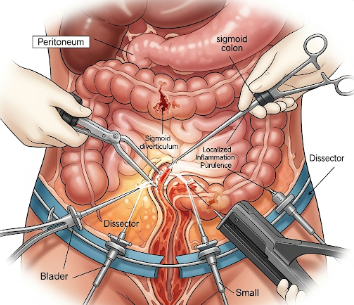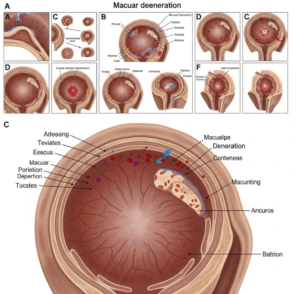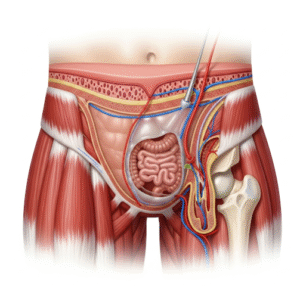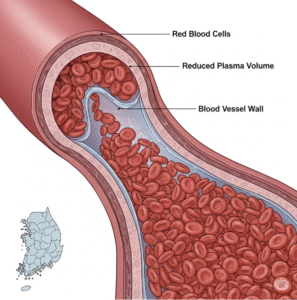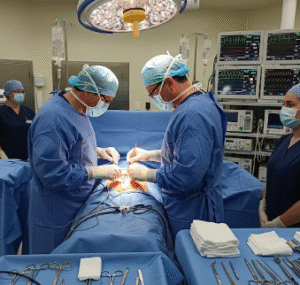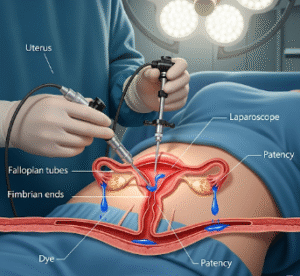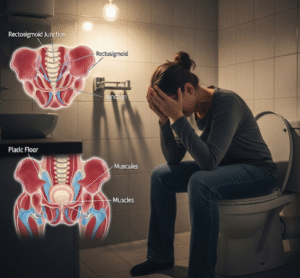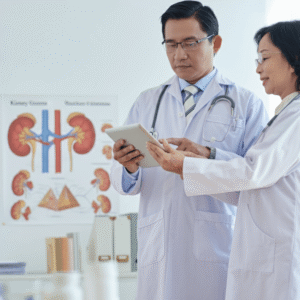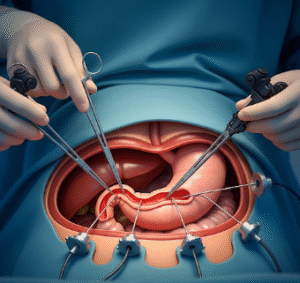Overview
Diverticulitis surgery is a surgical procedure performed to treat complications of diverticulitis, which is the inflammation or infection of small pouches (diverticula) in the colon. While mild cases can be managed medically, severe or recurrent cases may require surgery to remove the affected segment of the colon and prevent life-threatening complications.
In South Korea, diverticulitis surgery is performed in advanced colorectal surgery centers using modern minimally invasive techniques, ensuring precise removal of diseased tissue, faster recovery, and reduced complications.
What is Diverticulitis Surgery?
Diverticulitis surgery involves the removal of the affected portion of the colon, sometimes followed by reconnection of the healthy colon ends (anastomosis). In emergency cases, a temporary colostomy may be required.
Indications include:
- Recurrent diverticulitis episodes not responding to medical treatment
- Complications such as perforation, abscess, fistula, or severe bleeding
- Chronic symptoms affecting quality of life
- Colon obstruction caused by diverticular disease
Purpose:
- Remove the diseased portion of the colon
- Prevent recurrence and serious complications
- Restore normal bowel function and improve quality of life
What are the Benefits?
Diverticulitis surgery offers several clinical advantages:
✔ Resolves recurrent or complicated diverticulitis.
✔ Prevents life-threatening complications such as perforation or sepsis.
✔ Restores normal bowel function and reduces chronic pain.
✔ Can be performed minimally invasively for faster recovery.
✔ Enhances patient quality of life and reduces hospitalizations.
Procedure Details
1) How should I prepare for Diverticulitis Surgery?
- Medical evaluation: Blood tests, colonoscopy, CT scan, and cardiac assessment
- Medication review: Adjust anticoagulants or medications affecting healing
- Bowel preparation: May be required to empty the colon preoperatively
- Preoperative counseling: Discuss open vs laparoscopic approach, possible colostomy, and expected recovery
- Consent: Understand risks, benefits, and post-operative care requirements
South Korean colorectal surgery centers provide comprehensive preoperative planning and patient education to ensure optimal outcomes.
2) What happens during Diverticulitis Surgery?
- Anesthesia: General anesthesia
- Surgical approach:
- Open surgery: Traditional large abdominal incision for extensive disease
- Laparoscopic surgery: Minimally invasive with small incisions and a camera for precise tissue removal
- Procedure:
- Removal of the affected colon segment
- Reconnection of healthy colon ends (primary anastomosis)
- Temporary colostomy if required
- Duration: Typically 2–4 hours, depending on disease severity and surgical approach
Korean surgeons utilize advanced laparoscopic instruments and intraoperative imaging for accurate and safe surgery.
3) What happens after Diverticulitis Surgery?
- Immediate post-op: ICU or high-dependency monitoring for vital signs, pain, and bowel function
- Medication: Pain management, antibiotics, and anticoagulation as required
- Diet: Gradual progression from liquids to solid foods as tolerated
- Activity: Early mobilization to reduce complications such as blood clots and improve bowel recovery
- Follow-up: Imaging and clinical exams to ensure healing and bowel function restoration
Risks / Benefits
Potential Risks:
- ➤ Bleeding or hematoma formation
- ➤ Infection or abscess formation
- ➤ Leakage from the anastomosis site
- ➤ Bowel obstruction or adhesions
- ➤ Need for temporary or permanent colostomy
Major Benefits:
- ✔ Resolves recurrent or complicated diverticulitis
- ✔ Prevents life-threatening complications such as perforation or sepsis
- ✔ Restores normal bowel function
- ✔ Minimally invasive options allow faster recovery
- ✔ Improves long-term quality of life and reduces hospitalizations
Recovery and Outlook
- Immediate: Monitoring in hospital; IV fluids, pain management, and bowel function assessment
- 1–2 weeks: Gradual return to light activities; diet progresses from liquids to solids
- 4–6 weeks: Most patients resume normal daily activities; full recovery may take several weeks
- Long-term: Regular follow-up and lifestyle modifications reduce recurrence risk
South Korean hospitals provide structured post-operative care, dietary guidance, and physiotherapy programs for optimal recovery.
When To Call the Doctor
Contact your surgeon if you notice:
- ➤ Persistent or worsening abdominal pain
- ➤ Fever, chills, or signs of infection
- ➤ Excessive bleeding or discharge from incision
- ➤ Persistent nausea, vomiting, or bowel obstruction
- ➤ Any unusual symptoms affecting bowel function
Best Korea Option / Process
South Korea offers world-class diverticulitis surgery services due to:
- Experienced colorectal surgeons and multidisciplinary teams
- Advanced laparoscopic and robotic surgery options
- High safety standards with comprehensive perioperative care
- Structured post-operative rehabilitation and dietary guidance
- International patient support including scheduling, translation, and follow-up
- High success rates with low complication rates
Top hospitals for Diverticulitis Surgery in Korea:
- Samsung Medical Center, Seoul – Colorectal Surgery Division
- Asan Medical Center, Seoul – Gastrointestinal & Colorectal Surgery
- Severance Hospital (Yonsei University Health System) – Colorectal Surgery Center
- Seoul National University Hospital – Advanced Colorectal Surgery Program

